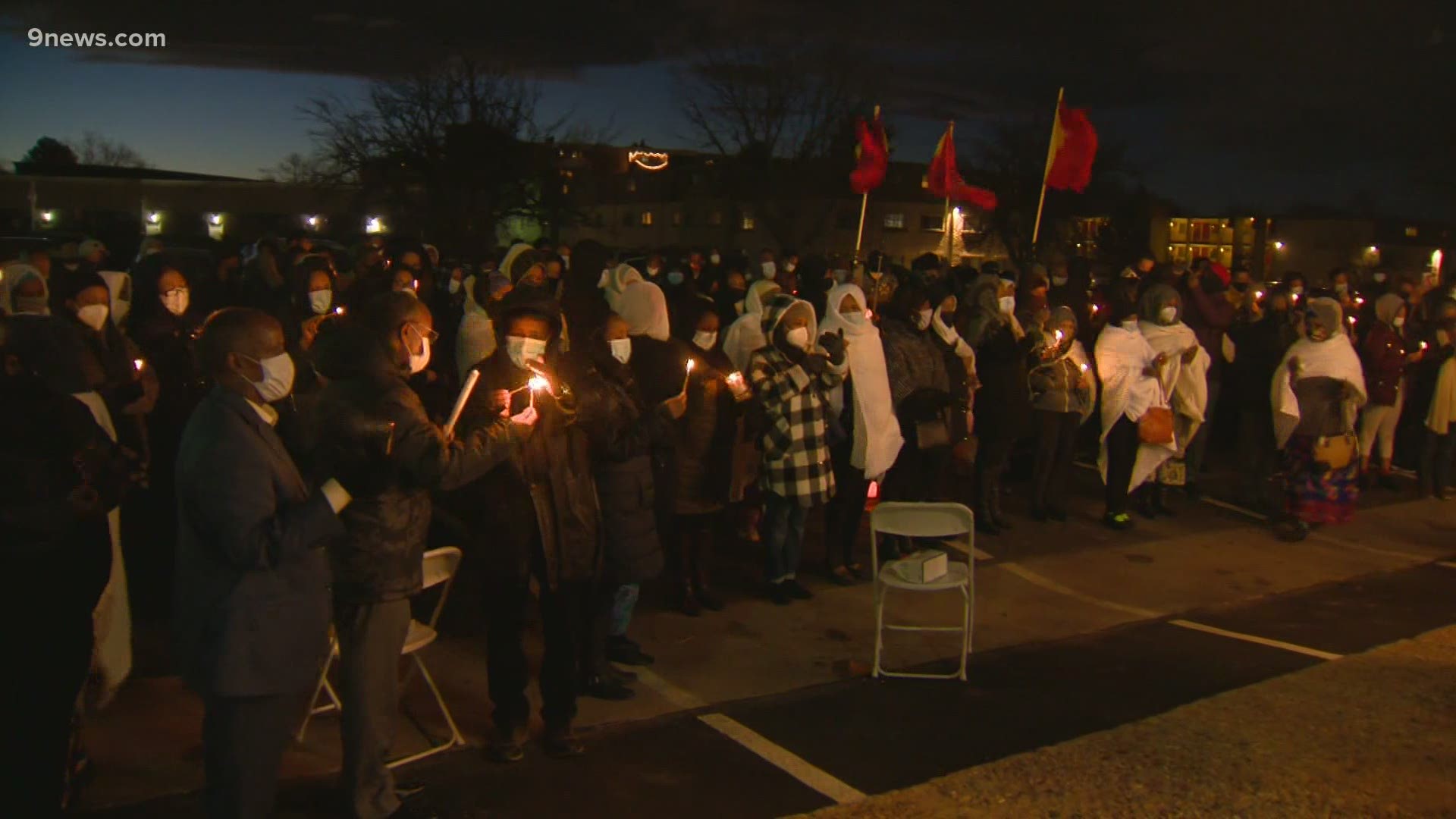AURORA, Colo. — Dawit Wolday visited Ethiopia two years ago to see his extended family and the place his parents were born.
His two grandmothers, aunts, cousins and uncles all still live in the Tigray region of Ethiopia, and Wolday said he hasn't had contact with them since Nov. 4.
“We haven’t been able to reach them," he said. "The phone lines have been cut off. Internet lines cut off."
On Sunday night, Wolday gathered with his mom and dozens of other Ethiopians who have had their connection cut off from their families by a communication blackout enacted by the country's federal government, according to CNN.
A political conflict between the federal government and the regional government of Tigray has forced tens of thousands to become refugees in Sudan.
Some of the violence has been documented by investigations from Amnesty International, but Wolday said he has no way to know if his family is OK.
“We don’t know the true atrocities of what’s happening on the ground to the people and so your mind kind of, just runs and you think about the worst possible situations that could be affecting your family," he said.
The United Nations believes there are more than a million civilians who need vital resources in the region, but say the government won't allow them access to certain areas.
The Prime Minister of Ethiopia, who won the Nobel Peace Prize last year, said he was retaliating with military force because of an attack by the Tigray People's Liberation Front on a military base.
SUGGESTED VIDEOS: Local stories from 9NEWS

